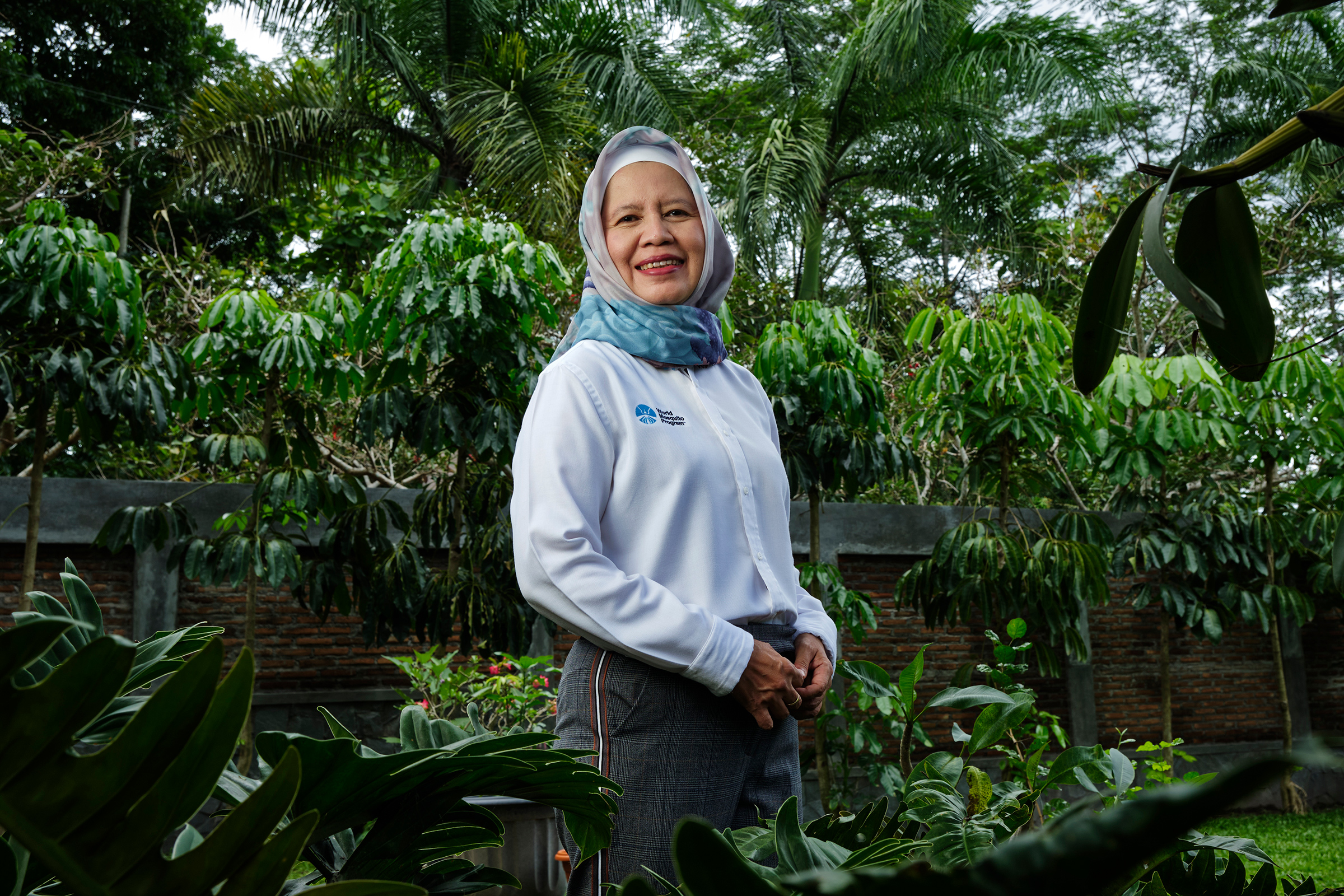A few years ago, on a trip to Indonesia, I visited a family near Adi Utarini’s lab in Yogyakarta. I wanted to hear how she’d managed to convince them to let her release swarms of mosquitoes around their neighborhood. Their obvious pride in being part of her work was a testament to the trust Utarini has earned from her community—and to the urgency millions around the world feel in the fight against dengue fever.
It is a triumph of global progress that most infectious-disease rates have trended downward year over year. Dengue fever, however, is a stubborn exception. The mosquito-borne illness affects almost 400 million people annually and has been described by the WHO as one of the 10 greatest threats to the world’s health.
Utarini is working with an international team of researchers from the World Mosquito Program to curb this threat by inoculating mosquitoes with Wolbachia, a bacteria that is harmless to humans but blocks mosquitoes from transmitting dengue with their bite. A groundbreaking study she helped lead was the first to prove this technique successfully drives down disease rates in community settings.
Today, most everyone in Yogyakarta knows someone who has had dengue. Utarini herself has survived it twice. Dengue, however, may not survive her.
French Gates is the co-chair of the Bill and Melinda Gates Foundation and founder of Pivotal Ventures
- Introducing the 2024 TIME100 Next
- The Reinvention of J.D. Vance
- How to Survive Election Season Without Losing Your Mind
- Welcome to the Golden Age of Scams
- Did the Pandemic Break Our Brains?
- The Many Lives of Jack Antonoff
- 33 True Crime Documentaries That Shaped the Genre
- Why Gut Health Issues Are More Common in Women
